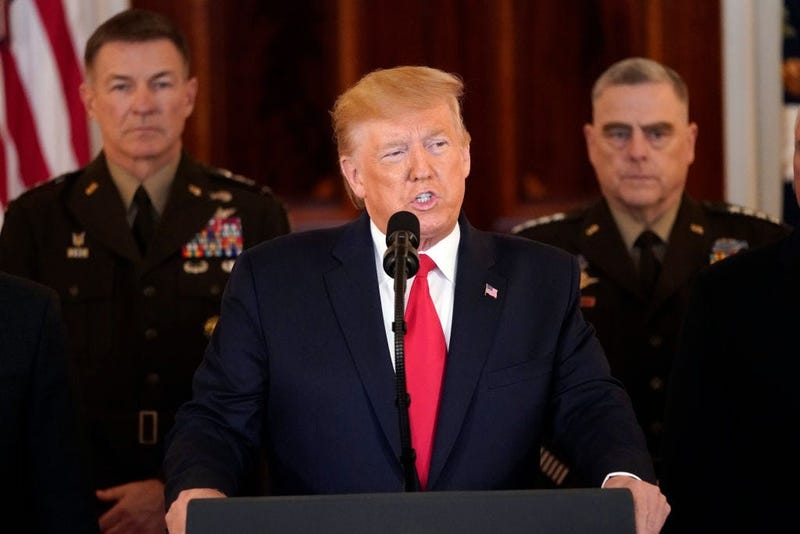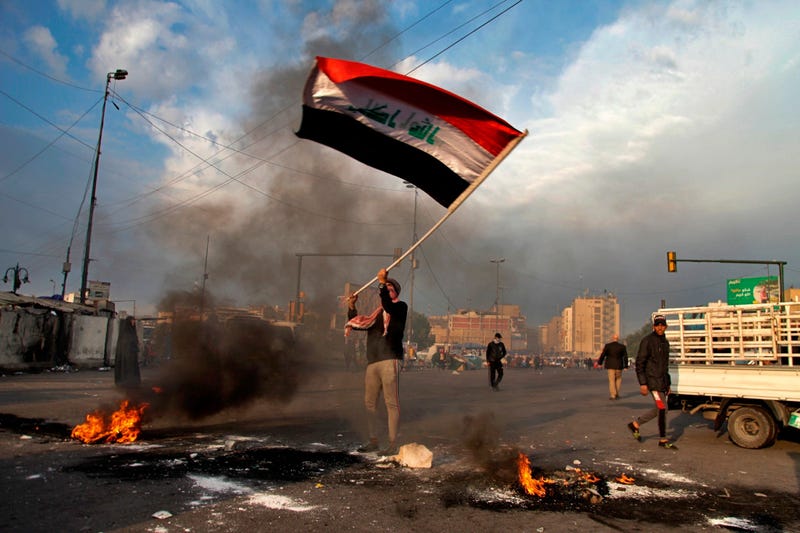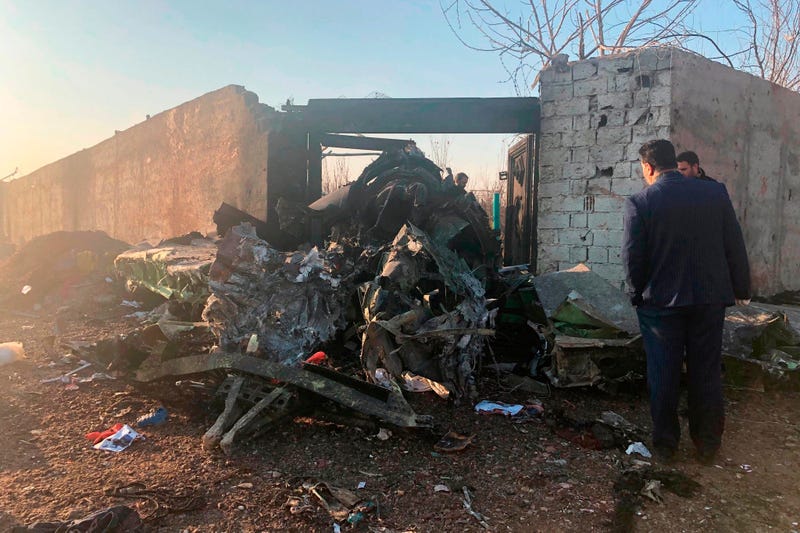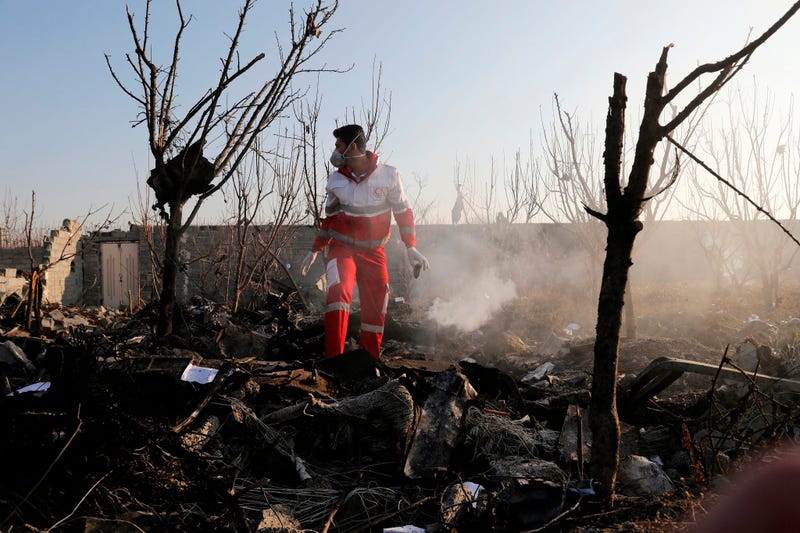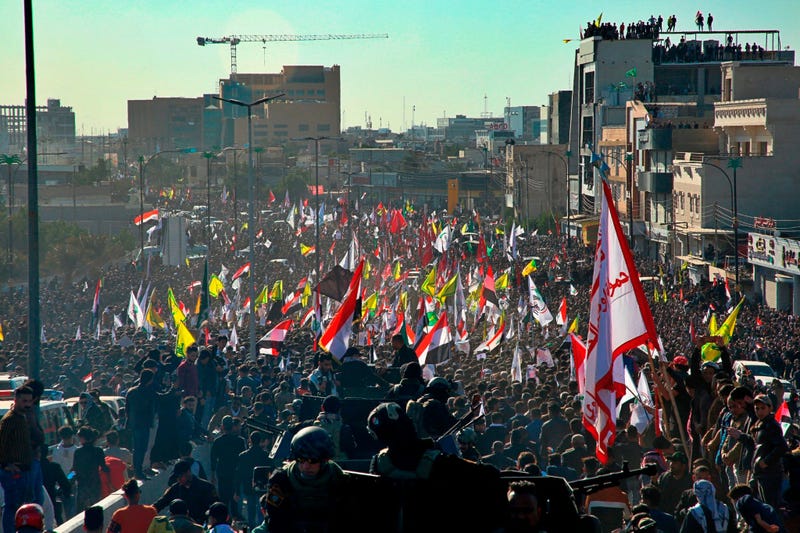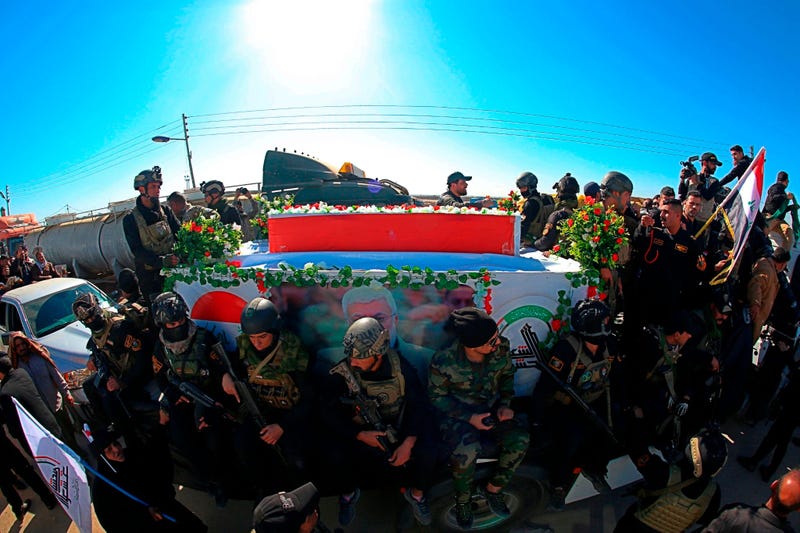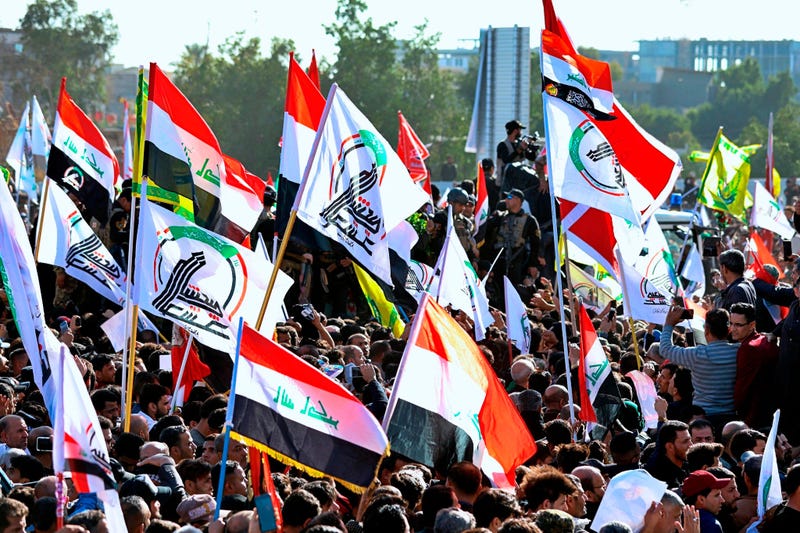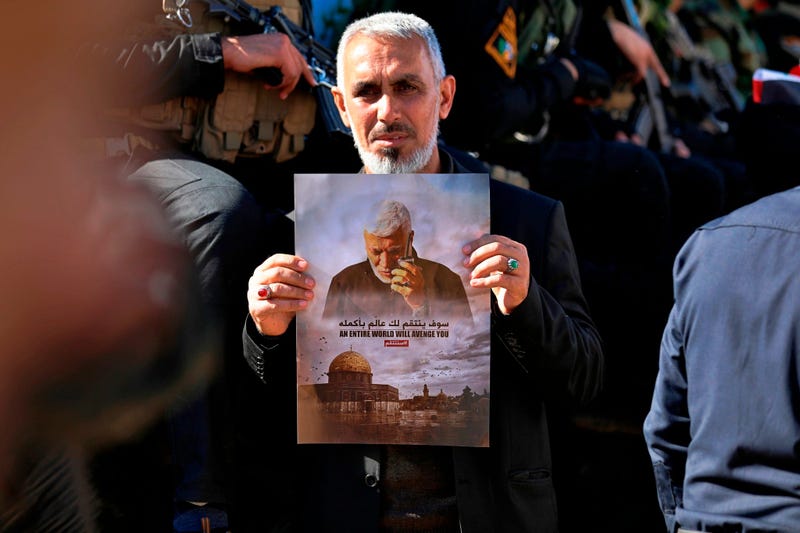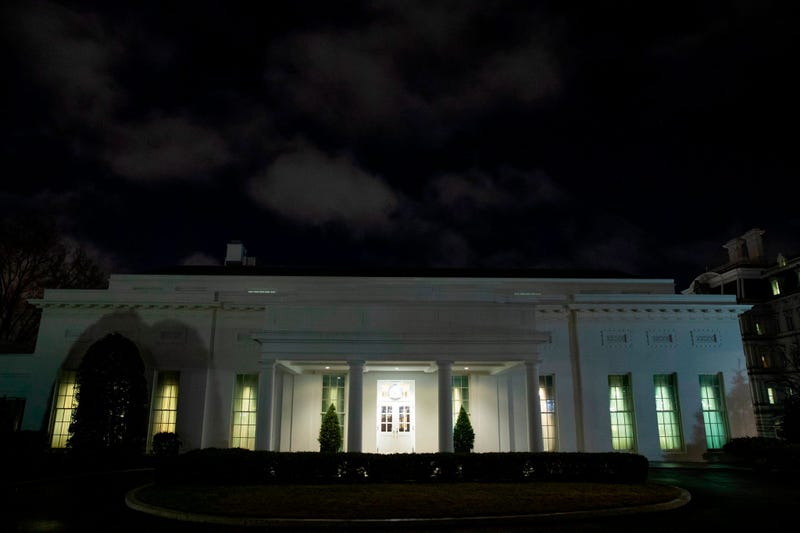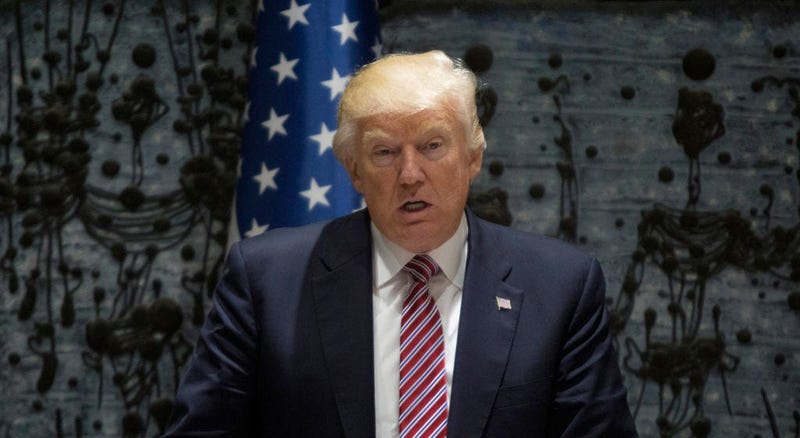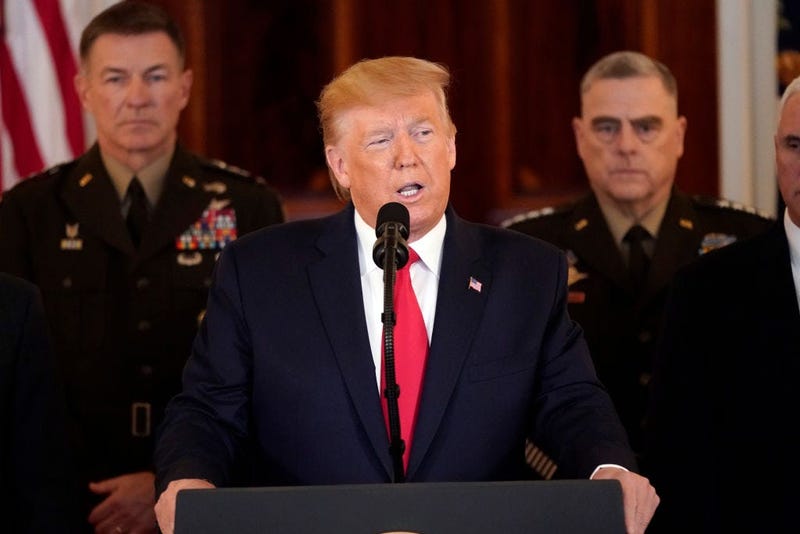LISTEN: Trump says 'no Americans harmed' in Iran missile strike
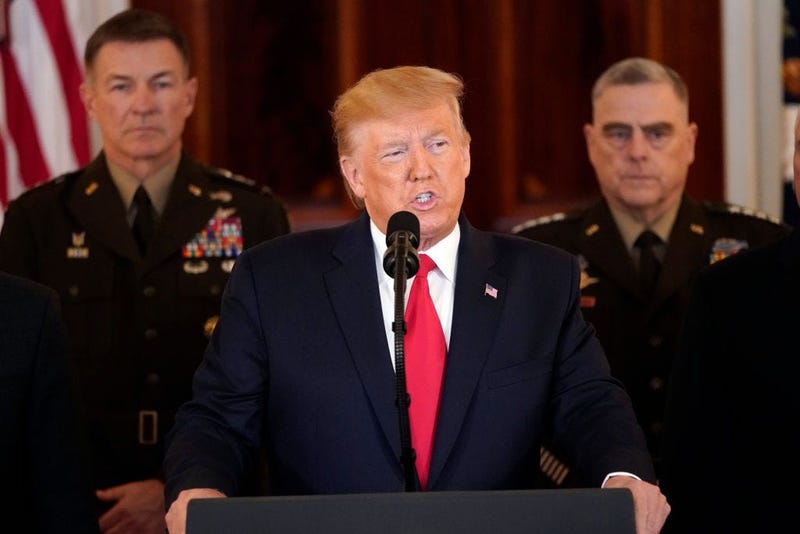
Trump reiterated his position that "Iran will never be allowed to have a nuclear weapon." He added that Americans should be "extremely grateful and happy" with the outcome.
Iran struck back at the United States early on Wednesday for killing its most powerful military commander, firing a barrage of ballistic missiles at two Iraqi military bases that house American troops in what the Iranian supreme leader said was a “slap” against America's military presence in the region.
Iran's Supreme Leader Ayatollah Ali Khamenei made clear that Iran's missile strikes were in revenge for the U.S. killing of Revolutionary Guard Gen. Qassem Soleimani.
“Last night they received a slap,” Khamenei said in a speech after the missile strikes. “These military actions are not sufficient (for revenge). What is important is that the corrupt presence of America in this region comes to an end."
“All is well!” President Donald Trump tweeted shortly after the missile attacks, adding, “So far, so good.” regarding the assessment of casualties and damage.
The Iranian strikes on the bases marked the first time in recent years that Iran has directly attacked U.S. positions rather than through proxies in the region.
It raised the chances of open conflict erupting between the two rivals, who have been at odds since Iran's 1979 Islamic Revolution and the subsequent U.S. Embassy takeover and hostage crisis.
Adding to the chaos, a Ukrainian airplane with 176 people crashed after takeoff just outside Tehran on Wednesday morning, killing all on board, Iranian state TV and Ukrainian officials said. Mechanical issues were suspected.
The Boeing 737-800 had taken off from Imam Khomeini International Airport, bound for the Ukrainian capital, Kyiv. The plane carried 167 passengers and nine crew members. Ukraine's foreign minister, Vadym Prystaiko, said there were 82 Iranians, 63 Canadians and 11 Ukrainians on board — the Ukrainian nationals included two passengers and the nine crew. The rest were Swedish, Afghan, German and British nationals.
The U.S. Federation Aviation Administration earlier warned of a "potential for miscalculation or mis-identification" for civilian aircraft in the Persian Gulf. The agency barred U.S. pilots and carriers from flying over areas of Iraqi, Iranian and some Persian Gulf airspace.

